Self-build reform coming in Russia: how private housing construction market to change
From March, escrow accounts will become mandatory, and the house will need to be registered immediately upon completion of construction.
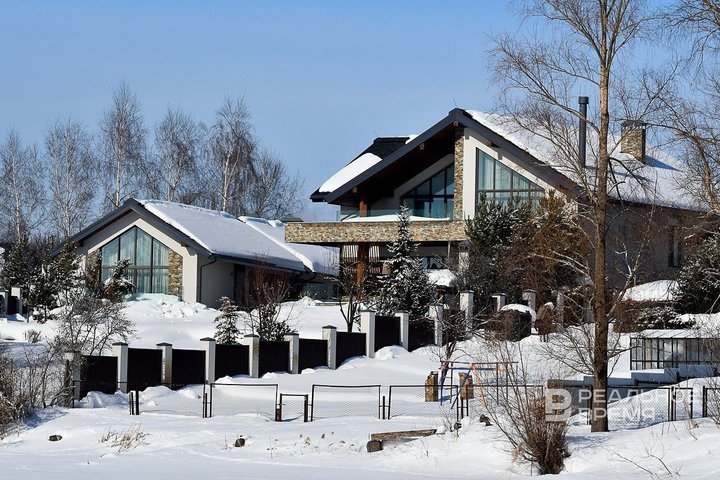
Starting from March 1, 2025, several important changes to federal legislation in the field of individual housing construction are coming into force in Russia. Experts call them a large-scale reform in the industry. Thus, it will be possible to build private houses only through escrow accounts, which will protect citizens from fraudulent actions by unscrupulous developers. In addition, amendments to the Urban Planning Code adopted by the State Duma will begin to take effect. We are talking about a new rule that obliges to register a house immediately upon completion of construction. Those who fail to comply with this obligation will face fines. What innovations await the participants of the residential housing market and what process the president of the country will personally monitor — in the material of Realnoe Vremya.
Escrow accounts in self-build will become mandatory
Federal Law No. 186-FZ comes into force in March, which introduces a mechanism for escrow accounts in private housing construction under contract agreements. Russian President Vladimir Putin recommended that the regions conduct regular monitoring of private housing construction and called for creating conditions to accelerate the launch of a new scheme that is safe for buyers. This is one of the instructions of the head of state following the results of the last press conference, where the president was asked a question about hundreds of defrauded families in the residential housing market. The developer took money from the citizens, but never built the promised houses.
Putin called it a “fraudulent operation” and instructed to look into the situation. The issue is under the control of the rais of Tatarstan. As for the launch of the escrow account scheme in private housing construction, officials must report on the work done by June 1, 2025.

The new law is aimed at preventing such a situation from happening again in the future. It establishes the contractor's right to conclude a construction contract with the placement of funds on escrow accounts. The principle repeats the same scheme that works in the construction of apartment buildings, when buyers' money is kept in a certain account and the developer can receive it only after the facility is put into operation. In this case, banks provide credit facilities to contractors, in addition, they monitor the progress of construction and issue funds in stages. If there are complaints about the quality of the work, the bank may require them to be eliminated.
The customer also has their own obligations. They must deposit money into the escrow account on time according to the schedule.
Ownerless lands will be seized
In Russia, the principle of “get the right to land — use it” will begin to operate. Amendments to the Land Code will come into force in March 2025, according to which it will be necessary to start using land for its intended purpose immediately after obtaining ownership rights. It takes three years to build a house. This applies to plots that are located on the lands of settlements, as well as to garden or garden plots. If the land is not used for its intended purpose, it may be withdrawn.
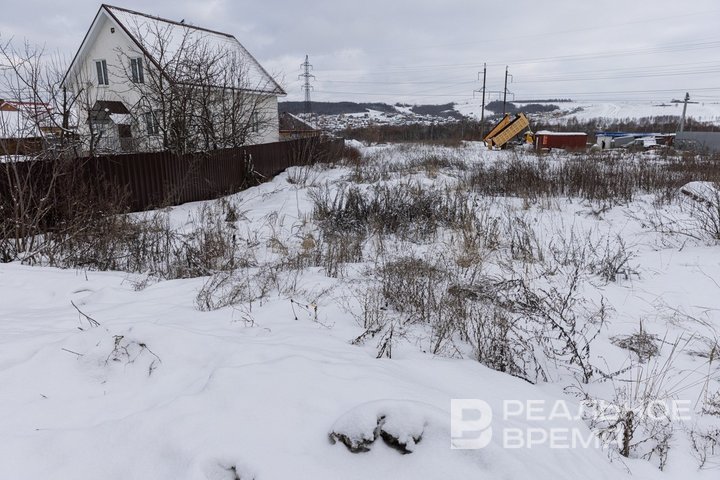
The land plot intended for the construction of a house will be considered unused:
- if the foundation or underground structural elements have not been laid for two years or more;
- if the building is not registered within five years after completion of construction.
The land plot, where there are already buildings, will be considered unused:
- if the buildings are not used for their intended purpose for five years or more;
- if structural elements (for example, the roof, walls, windows) are destroyed or damaged and no repairs have been carried out for five or more years.
The land plot will also be considered unused:
- if no activity has been carried out on the land plot for three or more years, according to its legal regime
- if the site is littered with garbage or overgrown with weeds more than 1 metre high and by more than 50%.
If you build a house, register it
On the first day of spring, another new law No. 487-FZ will come into force, according to which individual houses can be operated only if they are registered on the cadastral register and ownership rights are registered on them. Violators are going to be identified more carefully, but it is not known how this process will be structured, just as the exact number of buildings that are not officially registered is unknown. According to some reports, the number of such houses in each region of Russia can vary from 1,000 to 5,000.
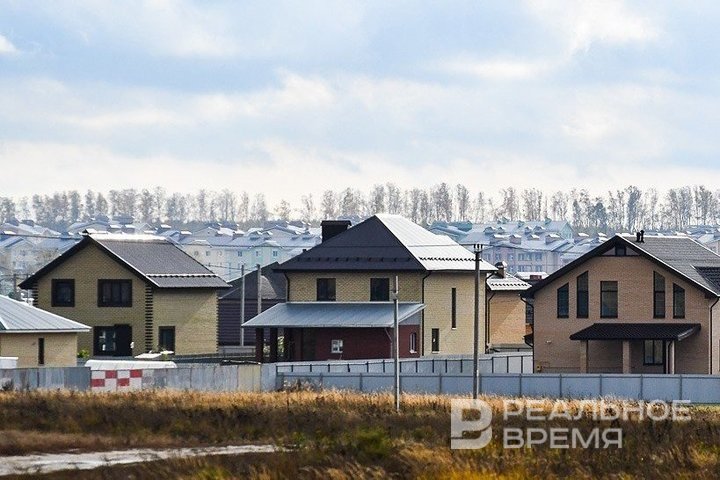
According to the Rosreestr of Tatarstan, since 2021, large-scale work has been underway in the republic, as in other regions of Russia, to identify the rights holders of previously registered real estate objects.
“According to Federal Law No. 518-FZ, state and local government authorities are authorised to identify them. At the time of the introduction of this law, there was no information in the Real Estate Register about almost 700,000 previously registered real estate objects located in Tatarstan. To date, the number of real estate objects has decreased and amounts to about 1,500," the department noted.
Loopholes still remain
It was necessary to register private housing and register ownership before, but there are owners who delay these procedures primarily by hiding from taxes, or, for example, hiding property from bailiffs in order not to pay debts. Now it will be more difficult to do it. However, there are still loopholes, experts admit, since it is not easy to determine the moment when the construction of the house is completed.
Lilia Burganova, the deputy head of the Department of the Federal Register of the Republic of Tatarstan, told in which case the construction of the house is considered completed.

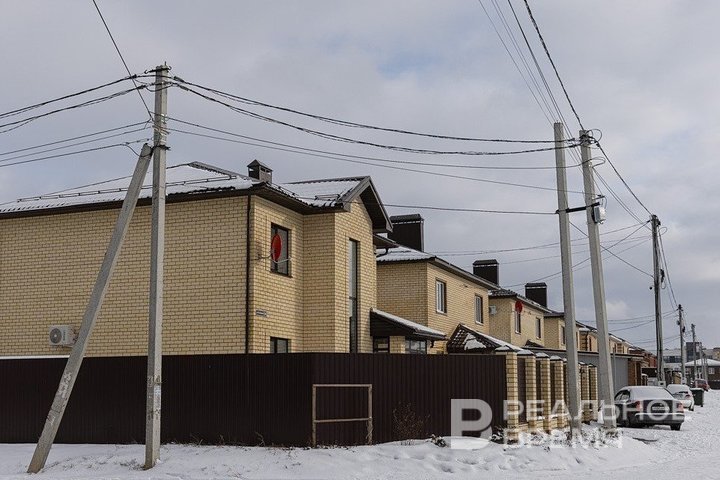
In accordance with Article 51 of the Urban Planning Code, it is not necessary to obtain a permit for the construction of a private house, and a permit for commissioning is also not required. Accordingly, there are no documented deadlines that indicate the completion of the construction of individual housing. Therefore, a clarification appeared in the adopted law: for houses for which neither a commissioning permit nor a notification of compliance have been received, the date of their cadastral registration is considered to be the date of completion. Until then, the construction is considered unfinished.
The registration of any newly built real estate includes two stages — the registration of the house itself for cadastral registration and registration of ownership rights to it, and strictly in this order.
“It is necessary to understand whether the built housing is suitable”
In the case of the construction of a private house by a contractor at the expense of the customer, the design of the object also falls on the shoulders of the customer, the owner of the land plot.
“At the moment, we do not see any problems with registration with our clients, everything happens very quickly and without any delays on the part of the district administrations and the Federal Register. We must pay tribute to that more than one reform has been carried out in recent years, and the transformations achieved cannot but rejoice with their results," said Dmitry Leshchev, a lawyer from Kazan.
In his opinion, statistics on construction projects that have not been submitted for cadastral registration are not always formed correctly and in this case they do not answer the question of whether the built housing is suitable for its main purpose — living.

Restrictions and penalties
In order for the owners not to delay the cadastral registration of the built house and the registration of rights to it, two main prohibitions will be introduced, which relate to both individual housing and garden houses.
- prohibition on the operation of residential housing facilities that are not registered on the cadastral register;
- ban on the operation of facilities for which ownership rights are not registered.
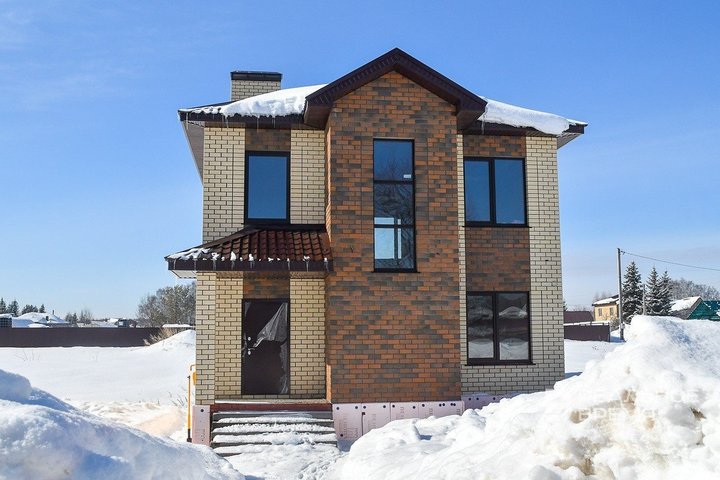
Violators of the law will be identified within the framework of Article 19.21. Administrative Code of the Russian Federation “Non-compliance with the procedure for state registration of rights to immovable property or transactions with it.” Failure to comply with the accepted rules can result in fines.
- 1.5-2 thousand rubles for citizens;
- 3-4 thousand rubles for officials;
- 30-40 thousand rubles for legal entities.
Registration after identifying the exact boundaries of the site
Another important change for the market since March 1 is the new procedure for concluding transactions. Any purchase and sale of land and buildings on it can be made only if the EGRN has information about the boundaries of this site. Otherwise, registration will be suspended. We are talking about all types of land plots, and it does not depend on either the category of land or the type of their use.
The new rules are being introduced in accordance with amendments to Article 26 of the Law on State Registration of Real Estate. In order not to encounter a problem, Rosreestr recommends checking in advance whether the boundaries of the site have been established. Such data is available on the public cadastral map, you just need to enter the cadastral number or address. You can also find out the information by using an extract from the Unified State Register of Legal Entities.
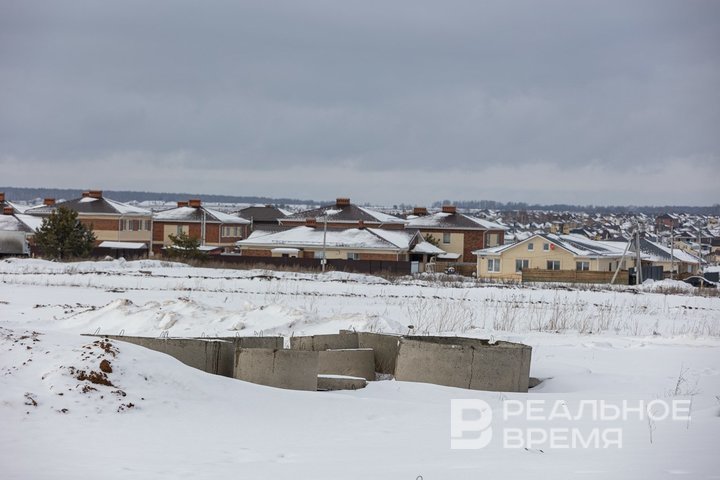
According to experts, changes in federal legislation in the field of residential housing will protect buyers and protect them from unscrupulous sellers. The thing is that when selling land, private houses or cottages, citizens can be misled about the exact location or area of the plot, which affects its price. Or Tatarstan residents may be sold a completely different plot of land, which was agreed upon in advance. The new rules will also help resolve conflicts between neighbours that arise as a result of inaccurate site boundaries and often lead to litigation. And, as statistics show, they are among the longest and most difficult.